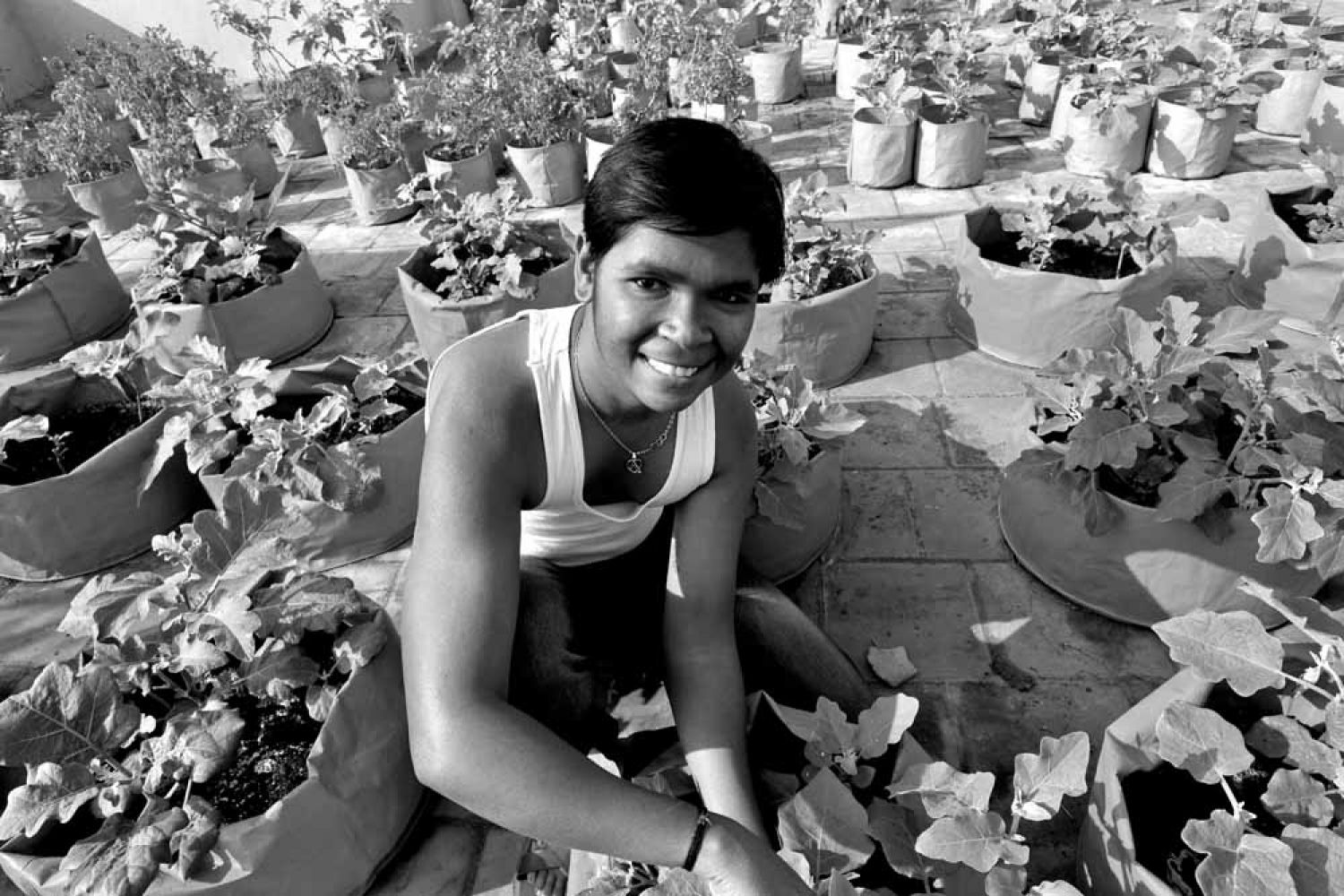
Jovin began to
unbutton his shirt, “See, I haven’t yet got my operation done. I tie them up.”
“No, no, there’s no
need,” I said and turned away hastily, but caught a flash of the crepe bandage
that bound his breasts.
“It’s no big deal,”
Jovin said, “Guys sit around shirtless. If I were operated on, I’d be sitting
like that, right? I get so bloody frustrated when [Selvam] sits around without
a shirt. I want to yell at him and say, ‘Cover up, da!’”
Selvam





